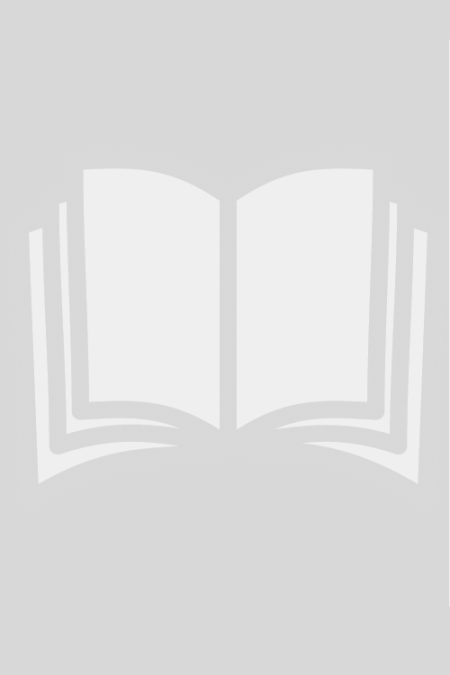A fresh and fascinating look at politeness and the important role it plays in our work, relationships and lives, from professor and pioneer of Politeness Theory, Louise Mullany
‘Fascinating and insightful. I’m grateful to have read it, and pleased to have learnt so much in the process. I would – politely – encourage you to do the same.’ Jon McGregor
‘Absorbing … you’ll be left feeling empowered to use politeness to your advantage.’ Psychologies
***
Are women really more polite than men?
What is the best way to apologise?
And when is it OK to swear?
Politeness rules our day-to-day lives, whether it’s speaking to colleagues about issues at work, dealing with difficult family members or wondering if you should eat the last piece of pie. For years, Professor Louise Mullany has been examining the prevalence and power of politeness in our everyday speech and actions, and discovering what this says about us.
In Polite, Louise shows how the unseen science of politeness governs everything we do, from what we say to how we act, and reveals how a better understanding of the rules and norms of politeness can help us in all aspects of our work, leisure and home lives.
And, in doing so, she answers the age-old question… are politeness standards really declining?
‘A must-read for anyone interested in becoming a more effective communicator.’ Michael Haugh, The University of Queensland
‘Fascinating and insightful. I’m grateful to have read it, and pleased to have learnt so much in the process. I would – politely – encourage you to do the same.’ Jon McGregor
‘Absorbing … you’ll be left feeling empowered to use politeness to your advantage.’ Psychologies
***
Are women really more polite than men?
What is the best way to apologise?
And when is it OK to swear?
Politeness rules our day-to-day lives, whether it’s speaking to colleagues about issues at work, dealing with difficult family members or wondering if you should eat the last piece of pie. For years, Professor Louise Mullany has been examining the prevalence and power of politeness in our everyday speech and actions, and discovering what this says about us.
In Polite, Louise shows how the unseen science of politeness governs everything we do, from what we say to how we act, and reveals how a better understanding of the rules and norms of politeness can help us in all aspects of our work, leisure and home lives.
And, in doing so, she answers the age-old question… are politeness standards really declining?
‘A must-read for anyone interested in becoming a more effective communicator.’ Michael Haugh, The University of Queensland
Newsletter Signup
By clicking ‘Sign Up,’ I acknowledge that I have read and agree to Hachette Book Group’s Privacy Policy and Terms of Use
Reviews
Louise Mullany's work on politeness is fascinating and insightful; built on solid research but written with a tremendously readable lightness of touch. I'm grateful to have read it, and pleased to have learnt so much in the process. I would - politely - encourage you to do the same.
A fascinating and friendly introduction to a topic that's at the heart of human interaction. Louise Mullany's lucid analysis of a huge range of contemporary settings, public and private, shows how linguistic research can deepen our understanding of the fundamental role politeness plays in everyday life.
Louise Mullany provides an engaging account of the crucial role of politeness in establishing and maintaining our everyday relationships. This very readable book draws on a wide range of scholarly research to deliver an impressively accessible discussion of politeness in a variety of social contexts from home, to work, and play. Challenging stereotypes and myths, and covering spoken and written language, including cyberspace, she provides fascinating examples of how we use humour, swearing, small talk, and much more, to navigate complex encounters, including those with people from cultures other than our own. A most enjoyable read for anyone interested in how linguistic politeness works.
Politeness is central to all forms of communication. In Polite, Louise Mullany introduces us to the invisible rules of politeness and how an understanding of these can help us become more effective communicators. Building on decades of empirical research, she demonstrates that knowing how politeness really works enables us to have better social relationships with others and avoid unnecessary conflict. The book is written in a highly accessible and engaging way, and is a must-read for anyone interested in becoming a more effective communicator.
Unpicks how we use politeness to express solidarity, show deference and curry favour - as well as judge those who we deem lesser or other ... Absorbing ... you'll be left feeling empowered to use politeness to your advantage.
An interesting consideration of where concepts and language about politeness fit within our daily lives and our culture ... An easy, pleasant and interesting read, written in accessible language.

